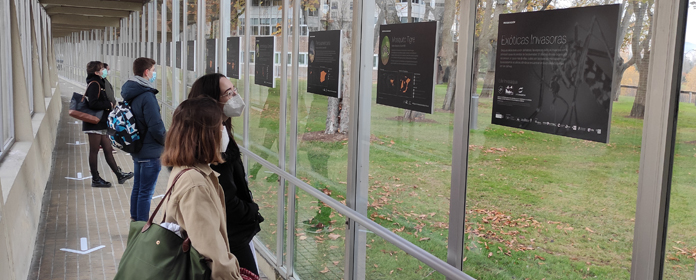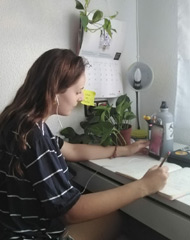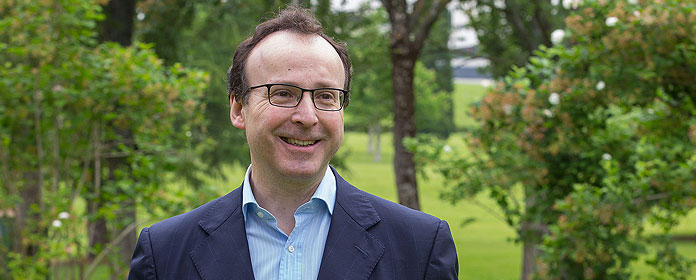20041119-Una experta dice que "pese a las prohibiciones" existen en el mundo más de 50 millones de hectáreas de cultivos transgénicos
An expert says that "despite bans" there are more than 50 million hectares of transgenic crops in the world.
University professor Jone Aguirreolea highlights the potential of these plants as "drug factories".
"Despite recent bans by some countries and the difficulties in harmonizing a rules and regulations that regulates the production and commercialization of transgenic plants, there are currently more than 50 million hectares in the world with these crops," said Professor Jone Aguirreolea. The expert gave a talk at lecture on 'Transgenic foods' on the occasion of the Science and Technology Week organized by the School of Sciences of the University of Navarra.
According to him, "we are faced with a technology that offers unlimited possibilities for improvement in the field of agriculture and industry, although its employment requires a careful assessment of risks, as well as a balance between development and respect for individual, social and environmental ethics".
In this sense, he explained that thanks to the development of engineering techniques Genetics and in vitro cultivation applied to higher plants, "transgenic soybean, cotton, corn, rapeseed, etc. plants have been obtained that express resistance to diseases, pests or herbicides, and whose use could favor a reduction in the use of pesticides in agriculture". At the same time, he stressed that "transgenic plants appear to be the most efficient factories of substances of high added value, such as pharmaceuticals, or of high consumption, such as fuels or plastics".
Third World ClaimsJone Aguirreolea, from department of Plant Physiology, stressed that the problem posed by the arrival of transgenics is complex, "because it involves a mixture of economic interests, legal problems, aspects of market globalization and claims of Third World countries that claim rights over species native to their lands". Regarding the role of the scientist, he pointed out that he must "ensure the absence of environmental risks and certify food safety".
The professor from the University of Navarra explained that there are different methods for transferring genetic material to the plant cell. But the most widely used method at present is "gene transfer from the bacterium Agrobacterium tumefaciens, a soil microorganism that has the capacity to induce tumors in plants".
According to him, "the manipulation Genetics consists of incorporating the gene to be introduced into the plant, while eliminating the genes that cause the tumor. With this construction inside, the bacteria can infect pieces of leaf, from which shoots and roots will be regenerated and cultivated to produce complete and healthy transgenic plants".




